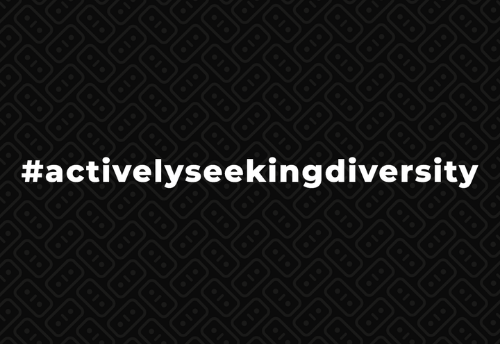Where should you start when it comes to digital marketing? - Distract
Above all else, you need to be aware of who your audience is, and problem your product or service will solve for them. Those two aspects are so deeply intertwined with one another, that without knowing both of these things inside out and including it in your messaging, your campaign will most likely disappear into the ether.
Research is paramount, and once you have researched enough, decisions such as ‘how much should I spend?’ or ‘what should the campaign look like?’ should be much easier to answer.
Google Analytics will be your friend here; it’s one of the first avenues to explore to see just who your audience is, you would be surprised how often your audience isn’t exactly who you think.
It is no secret that Google holds a lot of information about people, but how you utilise the information they make available can be the difference between success and failure. Using the audience insights feature can give you information such as what interests your existing customers have in common, age, gender, geographical location and what device they are using.
Using Google Search Console allows you to see what phrases people searched in order to land on your site, the insights that you gain from this, combined with Google’s Keyword Planner should help you to start forming the basis for your campaign.
Social Media
Gone are the days of just throwing out content on social media channels such as Facebook and Instagram and leaving the algorithm to work its magic. If you have not used the business.facebook platform before, then this will be something that you want to familiarise yourself with. The page insights tool will let you know what the people who like your page, have in common with each other, you can then ask Facebook to find you more like-minded people by creating lookalike audiences in Ads Manager.
To get the most out of these platforms they really need to be able to talk to your website, installing the Facebook Pixel will enable this to happen, opening up the possibility of tracking so much more than just likes and comments on your advertising.
All of these steps above can be carried out before you even begin thinking about how the campaign will look or feel.
Know what you want to achieve
Different campaigns serve different purposes, and deciding which one you want to achieve is important as it will decide what metric will determine success. For example, if you want to increase brand awareness, then a pounds in Vs pounds out sales targets won’t be an effective measure, you would be more inclined to look at, impressions, reach or ad recall. However, if driving e-commerce sales is what you want then set a realistic target for return on advertising spend.
Think of marketing as a funnel
The more potential customers you show your advertising to at the top, the more likely people are to make it to the bottom of the funnel and make a purchase.
Where a person sits in the funnel, or how quickly they make it from the top to the bottom will be greatly influenced by where in the buying decision making process they are.
Below is an example of the perfect buying process, however, as you can imagine life is rarely this simple:
Every stage of the funnel needs to communicate its aim to a potential customer, with clear and concise calls to action, otherwise, they won’t progress to the next step. The trick is to not make the funnel so complicated that people never get to the end of the process.
Draw out the ideal buying process, monitor results and adapt. How this looks on day one of the campaigns, is unlikely to be the same as how it looks at the end of month 3. The difference between a good and a bad campaign will ultimately be judged on the marketeer’s ability to adapt.
Telling a story within a budget
The best campaigns tell a great story. It’s like an introduction to a business, the first page of a great book. This is where you will have to make your budget work hard for you.
You need a plan, set across a certain period of time throughout the year, that details; how, where and when this story will be told.
Planning the budget will be important here, as you will want to invest in certain channels that will appeal to the target audience, be careful not to spread the budget too thinly, otherwise, it could result in low engagement in all channels, if you can only afford to do one channel well, pick that option over, spreading yourself and your budget too thin, different channels can be added when finances allow.
When choosing where to start, go back to the first point, to research. You need to discover where your client is most effective and run with it. Sometimes you will just need to dive into the unknown, but as long as you take data and learnings to apply to future campaigns then you will have positives to take away.
This content was originally published here.

